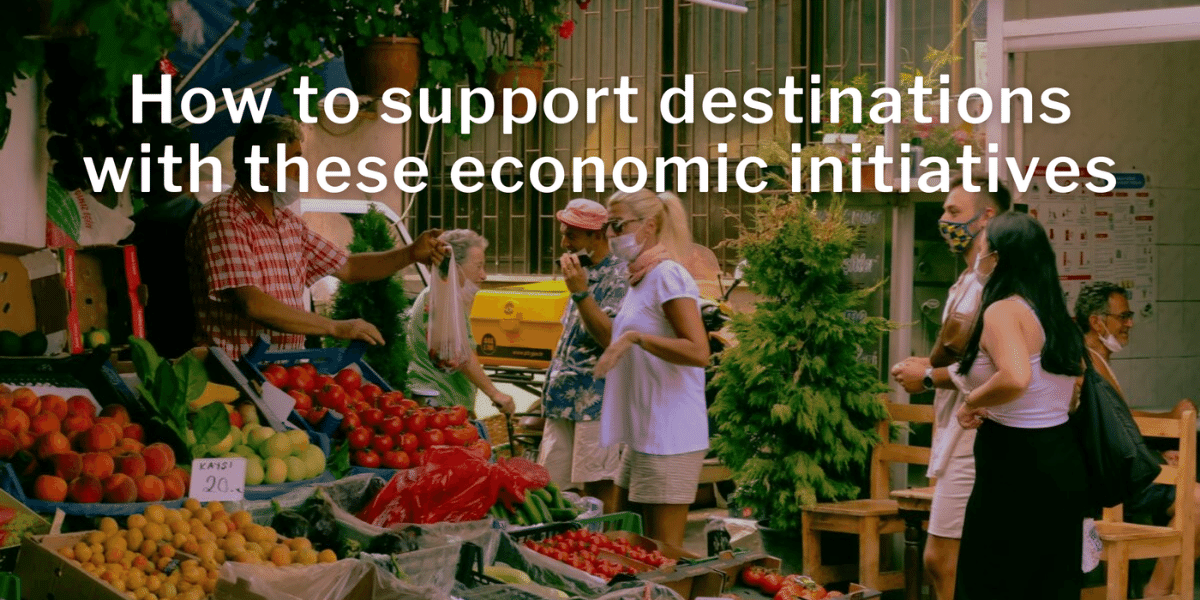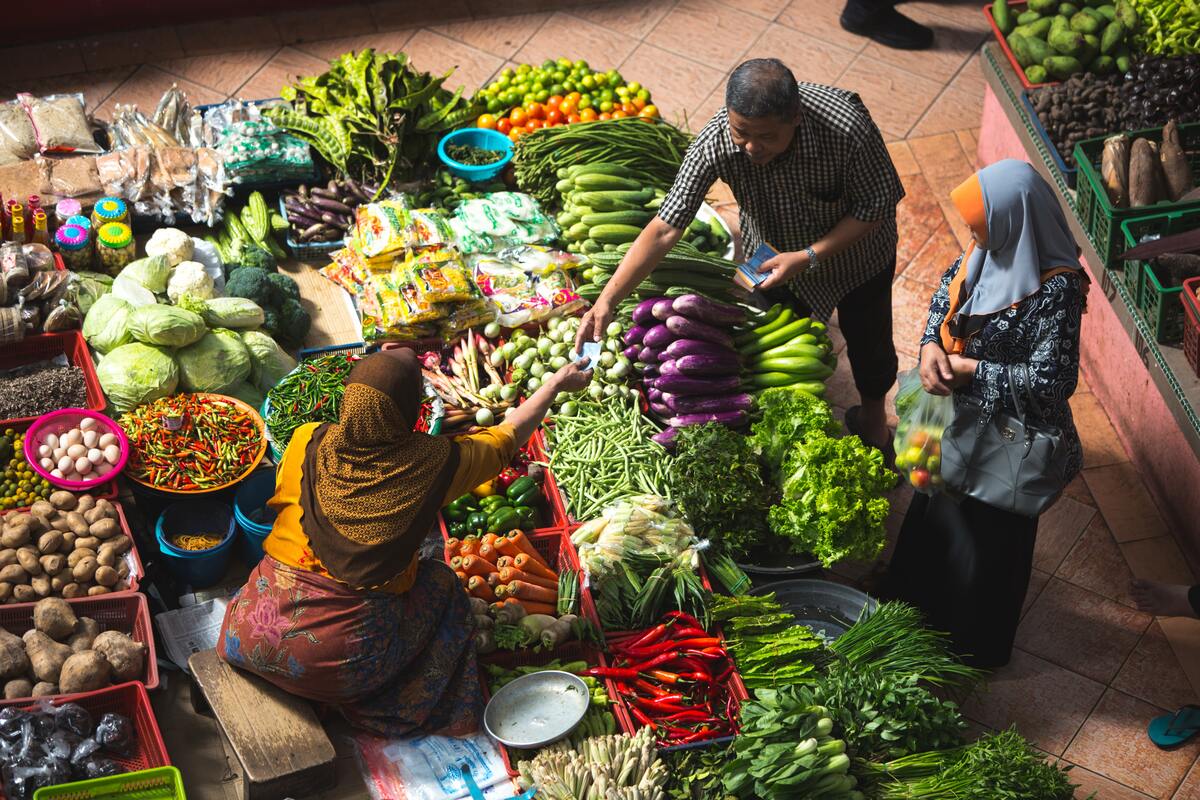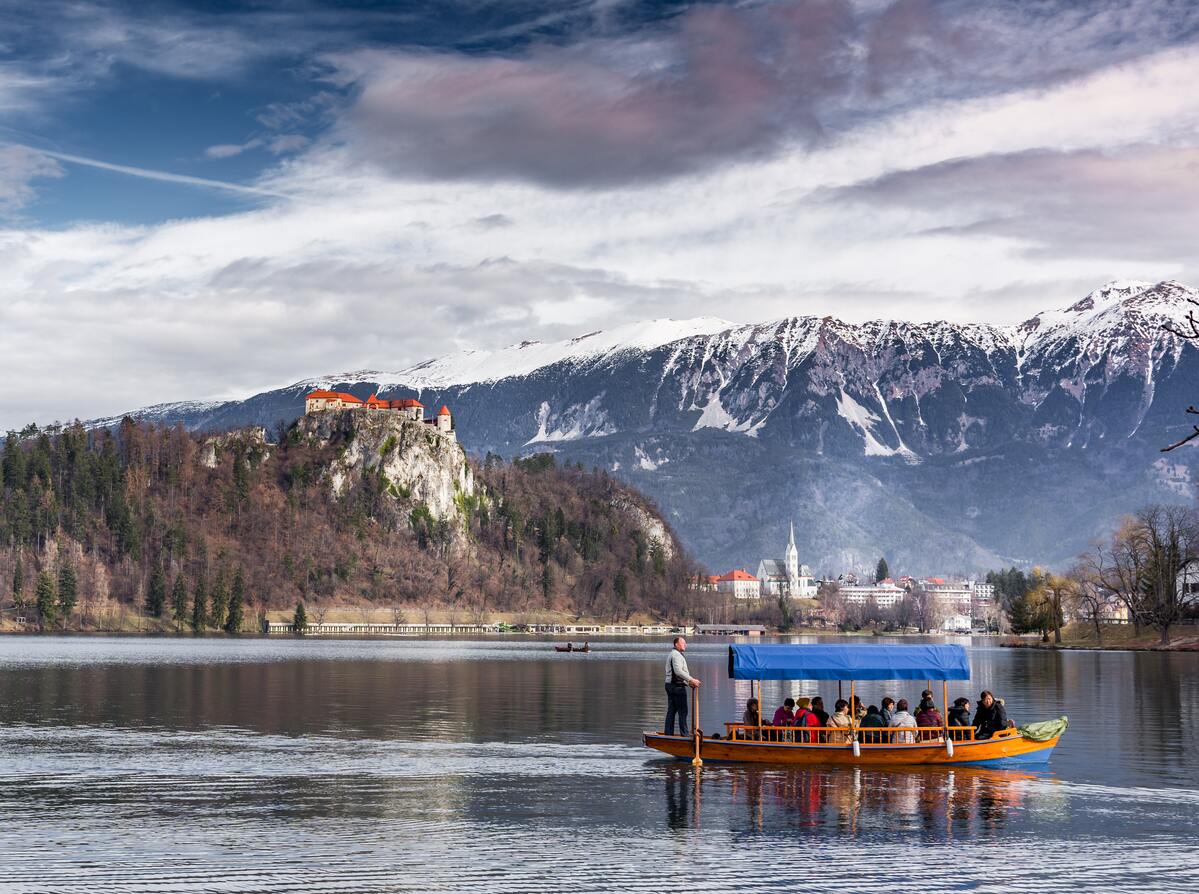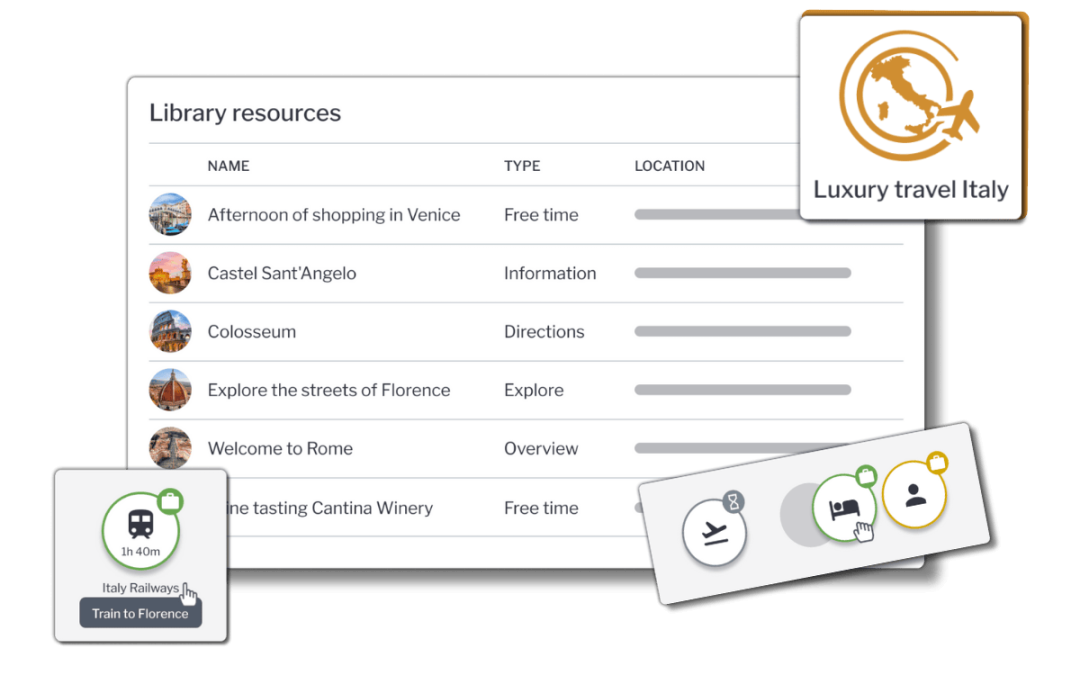How tour operators can make a positive economic impact on a destination

Tourism is now one of the world’s largest industries and one of the fastest-growing economic sectors. Globally, travel and tourism’s direct contribution to GDP was approximately 4.7 trillion U.S. dollars in 2020. For many countries, tourism is seen as the main instrument for regional development as it stimulates new economic activities.
Economic sustainability, one of the three pillars of sustainability, refers to practices that support long-term economic growth without negatively impacting the social, environmental, and cultural aspects of a community. Although this pillar can have a positive economic impact on the balance of payments, employment, gross income and production, it may also have negative effects, particularly in the form of leakage.
Tourism leakage occurs when the revenue generated by tourism is lost to outside economies. The cumulative effects of actions like buying an imported souvenir and staying in a foreign-owned hotel can amount to significant losses for the local economy on which your tour operations depend. Unfortunately, leakage is the highest in developing nations, but it is present at any destination.
The following are some key statistics about economic sustainability:
- 42% of travellers shopped at small, independent stores to support the local economy during their travels.
- 70% of money spent by tourists leaves the country
- In Fiji, it is estimated that 60% of the money earned through tourism ends up leaving the island nation.
- According to the UNEP (United Nations Environment Programme), for every $100 spent by a tourist on a holiday to a developing country, only $5 remains in the host community.
- Tourism leakage estimates range from 40% in India to 80% in the Caribbean.
- Non-star rated hotels (likely locally owned) only result in an 8.8% leakage.
Like most complex issues, the issue of tourism leakage is not black and white. However, to help get you started, we’ve outlined a few initiatives that tour operators can take to ensure that the expenses from the travel you offer benefit the destination and the communities your customers are visiting.

local veggie market
Encourage the purchase of local products and services
By choosing to support local products and services, you decrease the leakage and engage in sustainable tourism. A few ways to do this are by seeking out locally-owned restaurants serving local fare, hiring local tour guides and staying in locally-owned accommodation. The more local businesses you can support, the less leakage occurs.
Plan excursions and tours during the off-season
Many businesses, hotels, and excursions that operate off-season employ permanent residents. At a time when the destination may need the money most, your money supports the local economy. The income of permanent residents contributes to a diversified and healthy economy throughout the year.

Donate to help local causes and initiatives
Donating to local projects is a great way to support the local economy in addition to buying from and employing locals. In each destination you offer, you can choose to support a local project and donate a fixed amount per traveller or tour group. However, donating does not always mean giving money. You can also donate time or materials and the projects can be both social and environmental. Consider supporting a local hospital, school, or women’s empowerment center. Additionally, you can support a local wildlife sanctuary, vegetable garden, or take part in a tree planting project.
Employ local workers
One of the easiest ways to directly stimulate local employment in tourism is to hire local workers. In addition to supporting the local economy, you will also add value to your travel experiences since locals are very familiar with their country, its history, people and culture. As the link between the destination and the traveller, they are able to transform an activity into a memorable experience.
Limit the number of all-inclusive hotels
All-inclusive travel, a type of travel where tourists purchase a travel package that includes everything they need from transport to food, drink and entertainment, is aimed at encouraging travellers to stay put. This type of tourism, also known as enclave tourism, directly impacts the local economy because travellers don’t feel the need to explore the local community and support them through their purchases. This results in very little money reaching the destination, where the tourism is taking place. To avoid this, stay at locally owned boutique accommodation or resorts, hire local taxi services or bike rentals and dine with locally-owned restaurants.
As a tour operator, you have the opportunity to decide where your money and that of your travellers ends up. You can ensure a destination directly benefits from tourism by spending your money locally and with the right people. It gives locals the chance to do business, boost economic growth, and the empowerment to be more independent. We encourage you to take action towards better travel. It will undoubtedly have a positive impact on the communities in which you offer tours and on the locals who live there.




